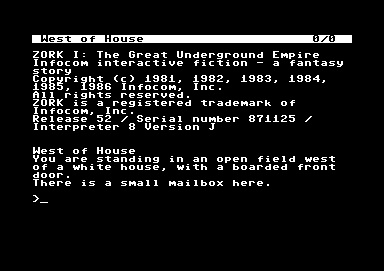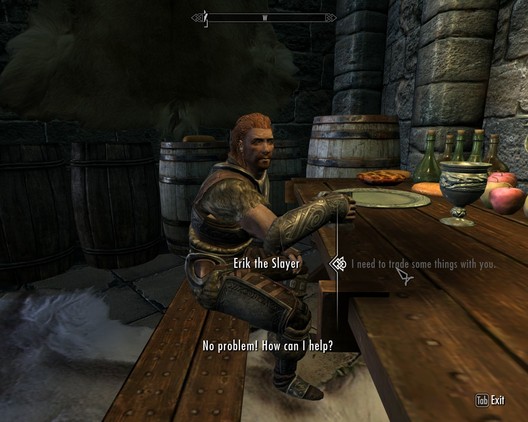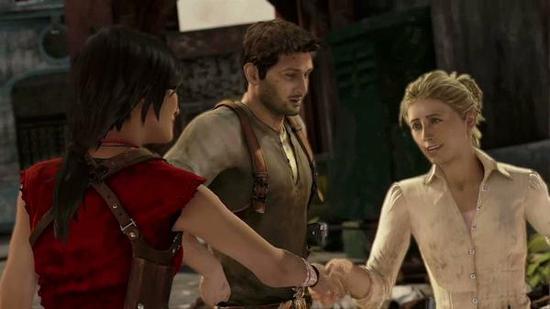This post has not been edited by the GamesBeat staff. Opinions by GamesBeat community writers do not necessarily reflect those of the staff.

To say that good writing is the future of video games is, I think, a bit sort sighted. Video games have generally had relatively good writing, which has really gotten only better over the years. There has been a jump recently in the quality of writing, but it’s not because of game studios hiring good writers.
The problem with writing in video games has generally been that writers have traditionally been brought on board to work on a game toward the end of its development. And are tasked with writing a story that ties together everything the game designers and developers have made. Only in the past few years have studios begun to have writers on the team from the beginning, so that the story of the game is developed alongside the game’s development.
This has of course greatly improved the quality of writing in the games where this happens (ie: Portal 1 and 2, the Mass Effect series, and Skyrim.) And this is something other studios are going to take notice of, especially as the games that handle writing this way sell very well.

But the future of games is not in good writing, but in good storytelling. This may sound like splitting hairs, but it’s an important subtlety. Writing is very important in traditional mediums like books, movies, TV, comics, etc., because these are generally passive mediums where you as the consumer of it have not effect on what is going to happen, while video games are an interactive medium, and require constant input from the player for something to happen.
And so whilst video games are being used now to tell the story a writer came up with, the real potential of the medium is in the player creating their own story while they are playing. For example, maybe you built an amazing structure in Minecraft only to see it destroyed by some creepers. Or maybe you had a really great run in Call of Duty where you managed to sneak into the enemy’s base, steal their flag, and then capture it at your base without being seen by anyone to win the match. Or perhaps whilst wandering the land of Skyrim you encountered some thugs battling a dragon, and after fighting off the dragon with them they turn on you and kill you. These are all examples of stories created not by a writer, but by the player’s interactions with the game itself.
Now this is not to say that video games don’t need writers, but rather that the art of writing for a video game will for the most part move away from creating a narrative for the player to follow, but will instead become more about writing to support the interactions the player has during the game. So things like writing the history of the game’s world up until the point the game starts, writing the dialogue of non-player characters to respond to players differently based on the actions the player undertakes while playing, and things like that.

There will still be a place for games with a set narrative like Portal, Mass Effect and Uncharted, but the real potential of this interactive medium is to make the player an active participant in creating the story they are playing. This is because these stories are much more powerful and more meaningful to a player, since it was their unique experience and their unique story not just something everyone also experienced.
